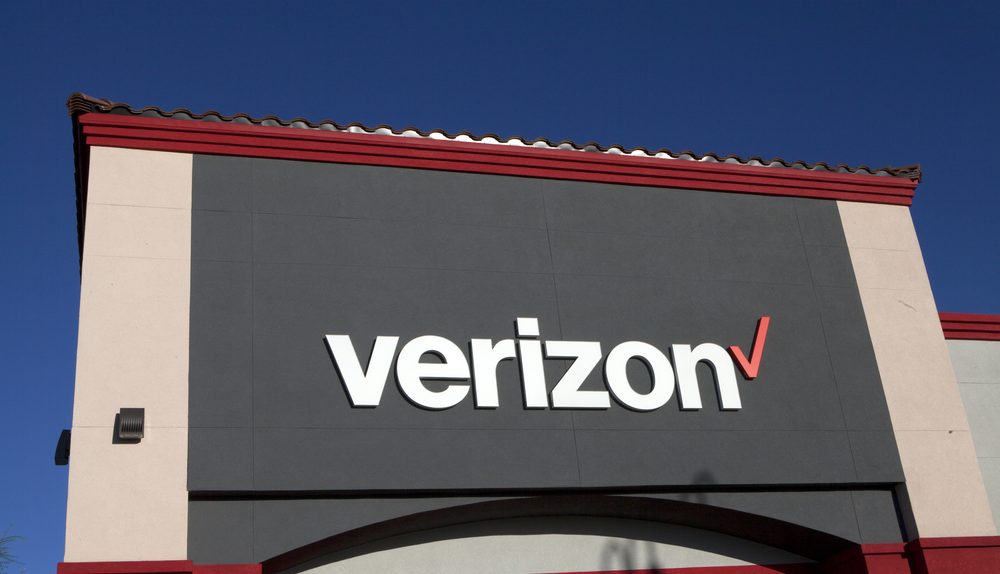Back in June, reports first started surfacing of Verizon disconnecting customers in rural areas who were using too much data on Verizon partner networks. At the time, Verizon downplayed the changes as only affecting a “small group” of customers whose contracts were up, but as the summer wore on, the disgruntled noises have only intensified.
Verizon has confirmed that it’s disconnecting 8,500 customers in rural areas, thanks to excessive domestic data roaming on Verizon partner networks.
Local news in Great Falls, Montana, and Washington County, Maine, first reported that Verizon is cutting off thousands of its own wireless customers, many of whom signed up for the new Unlimited data plan but were primarily using roaming data outside of Verizon’s native network. Verizon has since confirmed to BGR that the disconnections affect customers across all rate plans, not just Unlimited.
“Approximately 8,500 customers – using a variety of plans – were notified this month that we would no longer be their service provider after October 17, 2017,” Verizon director of corporate communications Kelly Crummey said. “These customers live in 13 states (Alaska, Idaho, Iowa, Indiana, Kentucky, Maine, Michigan, Missouri, Montana, North Carolina, Oklahoma, Utah and Wisconsin) and in areas outside of where Verizon operates our own network.”
The problem comes down to Verizon’s LTEiRA program, under which 21 small regional carriers partnered with Verizon to get coverage to rural areas. Under the terms of the program, Verizon provides technology and spectrum rights to tiny regional carriers. In return, Verizon customers can use those regional networks for free. From a customer perspective, there’s no visible difference between being on Verizon’s network or a LTEiRA partner. You’ll still get an LTE signal in most areas, and in theory, you’re meant to be able to use your regular Verizon plan with no limitations on any partner carrier.
For Verizon, however, using the networks isn’t free. It pays roaming fees to the partner networks for Verizon customers to use those networks, and in some cases, those fees are getting excessive. “Many of the affected consumer lines use a substantial amount of data while roaming on other providers’ networks and the roaming costs generated by these lines exceed what these consumers pay us each month,” Crummey said.
It seems that Verizon miscalculated its deal with regional carriers, or didn’t anticipate the resurgence of unlimited data. It’s left customers understandably angry: for many, Verizon was the only company that provided coverage in those areas. The Great Falls Tribune was contacted by a number of customers who received a letter from Verizon, telling them that they have until October 17th to move carriers, or they’ll lose their cell number. Readers stressed how Verizon is crucial to keeping their businesses running, fire service functioning, or helping out stranded motorists. “In our remote area every minute counts in an emergency. Hospitals are a long distance from our homes. I understand that Verizon is a business and they are not making money, having our rural number in service. At some point ethics have to come into play,” Kaila Williams told the Tribune.
It’s not just customers who are angry, either. Local wireless companies built out their networks as part of the partnership with Verizon, expecting the company to help pay for the investment by signing up customers and then paying the local companies for use. That doesn’t work when Verizon is booting all of the network’s heaviest users. “It appears that Verizon induced these companies to build out in the rural areas around the country and then significantly promoted it by saying that they’re covering the rural areas, when it fact now, after putting those ads out, they’re now not covering the rural areas — in fact, they’re cutting it back,” Maine Public Advocate Barry Hobbins told the Bangor Daily News.
Mid-Rivers Communication in Montana sent a similarly passive-aggressive letter to affected customers. “The relationships we have with this provider have not changed. Like other small carriers around the US who are dealing with the same issue, we did not know this was coming. Because we have been losing cellular customers to this company’s active marketing in our area for years, we did not have any excessive inventory of devices on hand or other resources needed to support a large influx of new cellular customers.”
Verizon defended the move as protecting its bottom line against customers who roam excessively. “We are absolutely not abandoning rural customers. Many current customers in this area have lines which do not rack up roaming charges that are higher than what they pay us each month,” Crummey said. “People who live within the area where Verizon operates its own network are not impacted. Neither are businesses or government accounts which we serve.”










